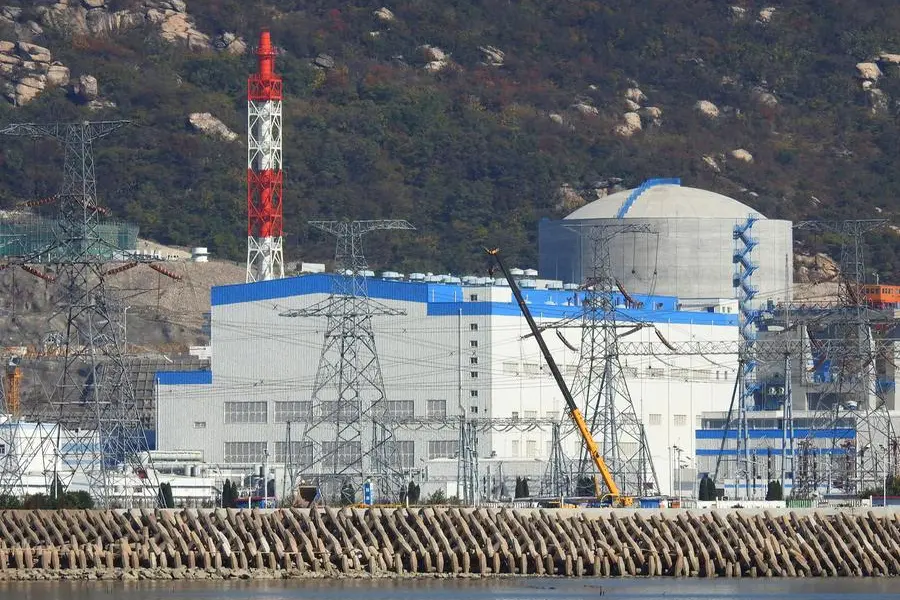PHOTO
The United States and Philippines' Agreement for Cooperation in Peaceful Uses of Nuclear Energy, otherwise known as the '123 Agreement' entered into force.
In a press statement released by the US Embassy Manila yesterday, July 9, 2024, it explained that the agreement is expected to enhance the Philippines' cooperation on clean energy and energy security and strengthen long-term bilateral diplomatic and economic relationships.
Energy security is an increasingly critical global challenge requiring deliberate collaborative efforts, and together our two countries can make a significant contribution to our shared clean energy goals.
'Nuclear energy can help achieve these vital global climate change and energy security targets, and we look forward to exploring new avenues of cooperation with the Philippines in civil nuclear energy and other clean energy initiatives. This Agreement builds on the nearly 80 years of peaceful nuclear cooperation between our nations and establishes a framework for continued U.S. civil nuclear trade with the Philippines,' the US government said.
This Agreement is part of broader U.S. efforts to develop the Philippines' civil nuclear sector. Creating a safe, secure, and modern sector requires a skilled workforce, robust regulations, and strong commercial partnerships.
The US government expressed commitment to working with the Philippines to advance each of these areas and forwards to further building our partnership together.
Civil nuclear cooperation agreements, also known as 123 Agreements, provide a legal framework for exports of nuclear material, equipment, and components from the United States to another country.
This Agreement provides a comprehensive framework for peaceful nuclear cooperation with the Philippines based on a mutual commitment to nuclear nonproliferation. It will permit the transfer of nuclear material, equipment (including reactors), components, and information for nuclear research and civil nuclear energy production.
Nuclear energy is sometimes referred to as a clean energy technology as it produces nearly zero carbon dioxide or other greenhouse gas emissions. Nuclear energy also avoids producing air pollutants that are often associated with burning fossil fuels for energy.
The 123 agreement was signed on November 16, 2023 in San Francisco, California, by Department of Energy (DOE) Secretary Raphael P.M. Lotilla on behalf of the Philippines as Chair of the Philippine Nuclear Energy Program Inter-Agency Committee (NEPIAC) and Secretary of State Antony J. Blinken signed on behalf of the US. The signing ceremony was witnessed by President Ferdinand Marcos Jr.
Upon entry into force, the 123 Agreement will allow the transfer of information, nuclear material, equipment, and components directly between the Philippines and the US or through persons authorized by their respective authorities to engage in transfer activities, which will support potential nuclear power projects with US providers.
The Agreement will likewise pave the way for streamlining the licensing requirements for the private sector with respect to investments on nuclear-related intangible transfers of technology (ITT).
Now that that the agreement is put into place, more US companies will start their commercial exploration or partnerships with Filipino firms in the field of nuclear energy development, said Paul Taylor, senior commercial officer at the US Commercial Service, US Embassy Manila.
Copyright © 2022 PhilSTAR Daily, Inc Provided by SyndiGate Media Inc. (Syndigate.info).





















